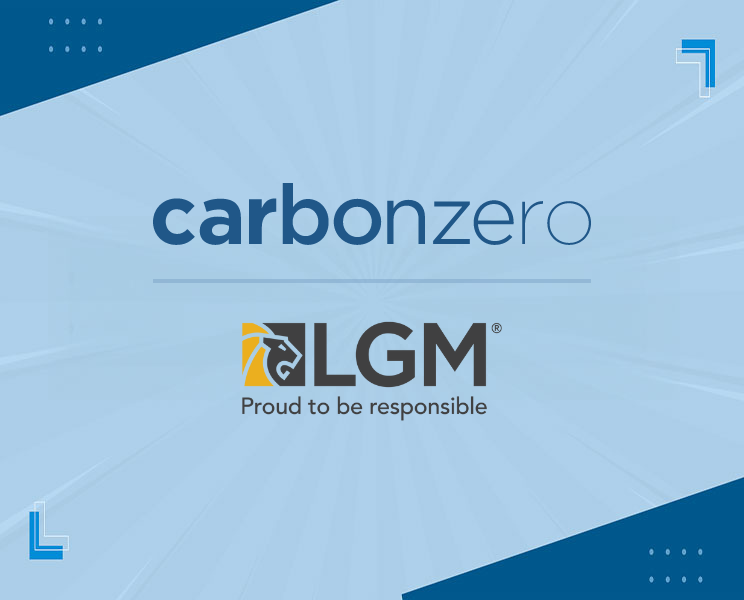Auto Remarketing Canada (May 20, 2021) – Women & Automotive: Profiles in Leadership Q&A with Diana Ricketts
What do you enjoy most about working in the auto industry? But, also, what aspect(s) of the business would you change — and how?
The auto industry is small. Many people, like myself, have been in it for decades. This has been a positive experience for me as colleagues, and often competitors, become friends and allies. If you make it a priority to stay connected, it opens an array of opportunities for collaboration and growth throughout one’s career. The downside is that without new talent, innovation can be slow to market. For a long time, the auto industry has been male-dominated. Although it is changing, it is far from equal. We need more women in the auto industry if we want to keep pace with
our changing industry.
What is the top trend/storyline in the Canadian car business that you’re watching this year?
There are a number of trends I am playing close attention to. One of these is the pace at which digital is revolutionizing the automotive business, post-COVID-19. The speed of digital adoption can influence the products we develop. It will be interesting to see how OEMs adapt their products to the increasingly demanding consumer needs. I will be watching who is accelerating fastest, what products they are offering, and how consumers are responding. Another trend I am watching is how companies are delivering a digital experience in the workplace because this has become the expectation from employees. How are OEMs adapting to this new style of working? What tools are in place to provide an exceptional digital employee experience? How are OEMs attracting new young talent?
What are some improvements that need to be made in the industry from a diversity and inclusion perspective? What are some examples you’ve seen of D&I programs that have worked?
Many organizations are promoting diversity, equity and inclusion (DEI). Everyone has the aspiration to be diverse. It is an expectation, not a differentiator. The differentiators are the results that come from what we do. I believe we need to become as transparent as possible about what we are doing, why we are doing it and how it will affect change. While DEI policies and KPIs are set by management in a top-down approach, enabling the bottom-up discussions is imperative to achieving our KPIs. It needs to be part of every single discussion we have and integrated into everything we do. In order to invoke change, we have to have conversations that were not part of the workplace before, even if they are uncomfortable. We have to lean into the discomfort.
Describe a time when you were either a mentor or a mentee, and how that has shaped your career.
When I was growing my career, there were not a lot of senior women in the auto industry that could offer me advice, coaching and guidance to navigate the industry. I always said that, if given the opportunity, I wanted to give back and share my knowledge, learnings, and mistakes to help support young women in achieving their goals. More than that though, mentoring allows me to gain a deeper appreciation for my value, which leads to greater confidence, and I get to hone my leadership and communication skills in a different environment. Not to mention, with a successful two-way mentoring relationship, these younger mentees keep my mind and my skills fresh.


